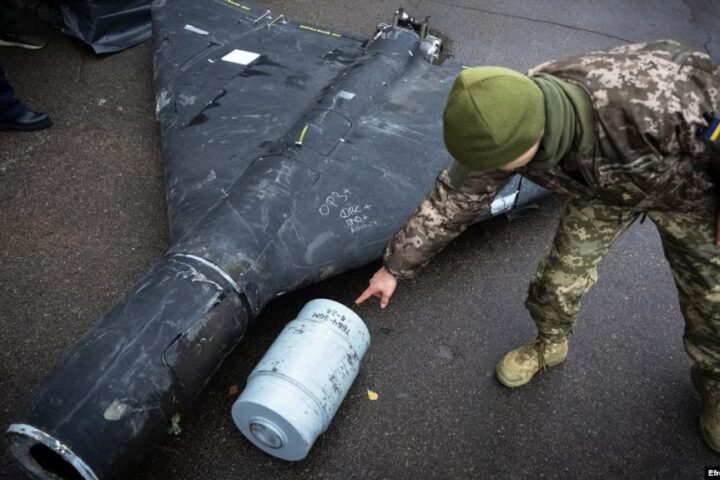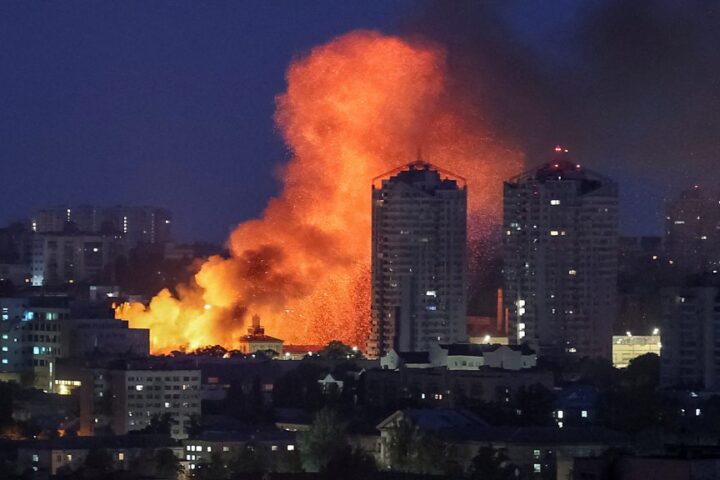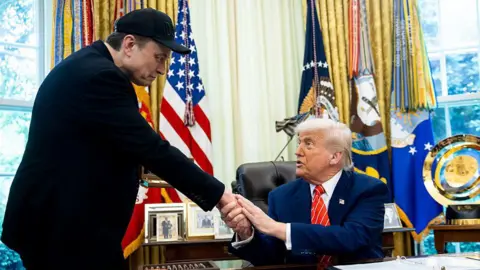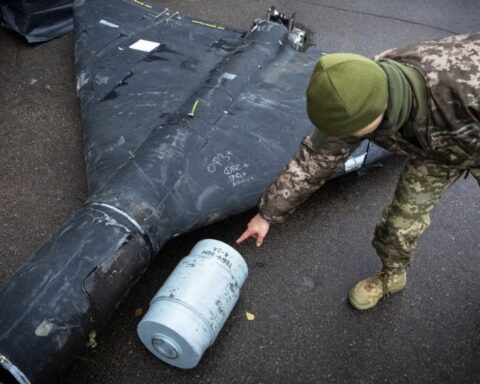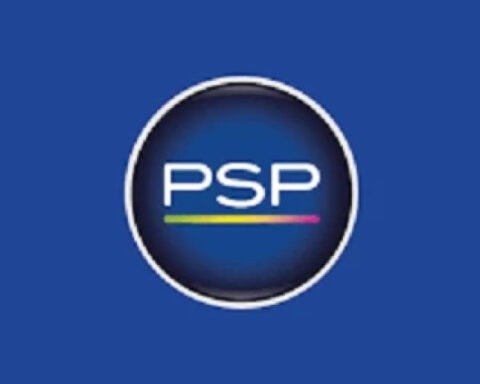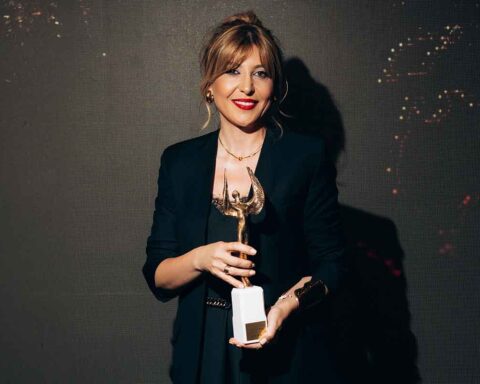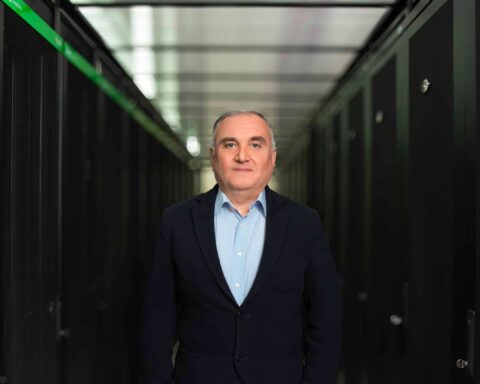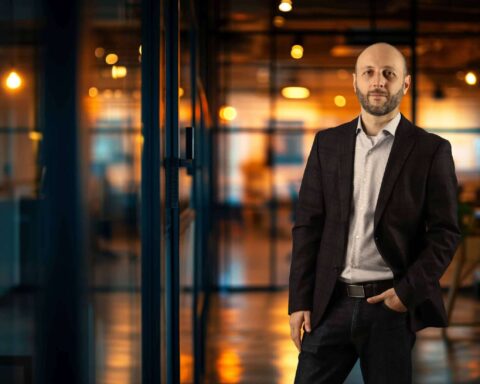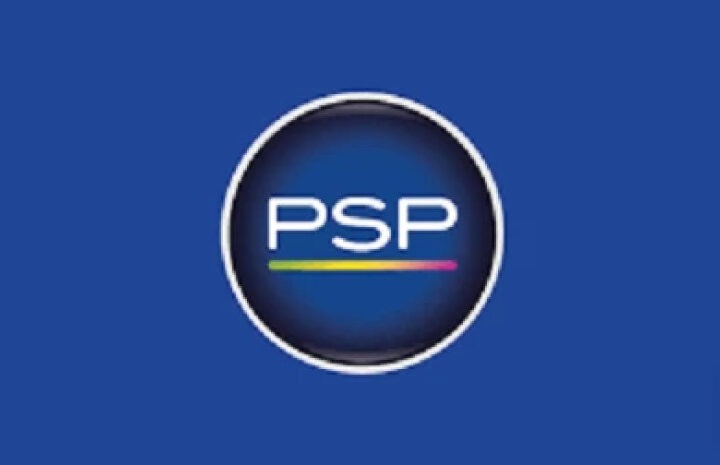As cardinals prepare to enter the Sistine Chapel to choose the next pope, a controversial dossier profiling papal candidates has surfaced, carrying a subtle but unmistakable subtext: select a pontiff who will steer the Catholic Church away from the progressive reforms of the late Pope Francis.
Titled “The College of Cardinals Report,” this document, offered to the 133 voting cardinals, outlines the stances of around 40 candidates on divisive issues like same-sex blessings and female deacons, prompting concerns about external influence in the sacred conclave.
On May 7, 2025, the Vatican is abuzz with anticipation and unease as the conclave to elect the 267th pope begins. The death of Pope Francis on April 21, following a 12-year papacy marked by bold reforms and fierce conservative backlash, has set the stage for a pivotal moment in the Church’s history.
The dossier, freely available online and distributed in hard copy to some cardinals, has raised alarms among church scholars and canon lawyers, who argue it violates the sanctity of the conclave’s secrecy. As the cardinals gather under Michelangelo’s frescoes, the specter of factionalism and outside agendas looms large over the election of the next leader of the world’s 1.4 billion Catholics.
A Sacred Process Under Scrutiny
The conclave, derived from the Latin “cum clave” (with key), is a centuries-old tradition designed to insulate cardinals from external pressures. Only cardinals under 80—133 in this case—are eligible to vote, and they are sequestered in the Vatican, cut off from the outside world, until a candidate secures a two-thirds majority. The process, governed by the Vatican’s constitution, Universi Dominici Gregis, emphasizes divine inspiration over political maneuvering. Yet, the emergence of “The College of Cardinals Report” has sparked debate about whether this ideal is being undermined.
The report, produced by conservative Catholic groups, profiles candidates with a focus on their positions on contentious issues: same-sex blessings, ordaining female deacons, contraception, and the Church’s approach to climate change and migration. Its authors claim impartiality, stating on their website, “Our approach is fact-based and we strive to be impartial, offering as accurate a picture as possible of the sort of man who might one day fill the shoes of the Fisherman.” However, the document’s subtext is clear to critics: it urges cardinals to choose a pope who will reverse Francis’s liberalizing policies, which included welcoming LGBTQ+ Catholics and advocating for the poor.
Dossier on Candidates with a Subtext
The dossier’s distribution has drawn sharp criticism from canon lawyers and Vatican observers. Dawn Eden Goldstein, a Washington, D.C.-based canon lawyer, told CNN, “Even if they were pushing for a cardinal in the mold of Francis, it is still banned according to the law of the church.” Pope John Paul II’s rules explicitly prohibit any interference in papal elections, with the threat of excommunication for those who attempt to sway the conclave. The report’s backers, however, cite historical precedent, noting that diplomats once compiled cardinal biographies for interested parties. Edward Pentin, a contributor to the report, defended it as a “service to the members of the Sacred College to help them get to know one another.”
The dossier’s conservative tilt aligns with figures like Tim Busch, a California lawyer and co-founder of the Napa Institute, who has praised the Trump administration as “the most Christian” and supported Archbishoplibrary. Busch has distanced himself from claims of being “anti-Francis,” but his endorsement of a 2018 dossier by excommunicated Archbishop Carlo Maria Viganò, which called for Francis’s resignation, ties him to anti-reform sentiments. Similar efforts, like the 2018 “Red Hat Report,” sought to prevent another progressive pope, raising concerns about a pattern of conservative lobbying.
The Legacy of Pope Francis
Pope Francis’s papacy profoundly reshaped the Catholic Church. His focus on a “poor church for the poor,” outreach to marginalized groups, and openness to dialogue on once-taboo topics—like women’s roles and remarried divorcees’ access to communion—earned him global admiration but also fierce resistance. Conservative factions, including some U.S. bishops, criticized his reforms as diluting doctrine. His appointment of over 100 cardinals, many from non-European regions like Algeria and Mongolia, diversified the College of Cardinals, making this conclave less predictable than ever. For the first time, fewer than half of the voting cardinals are European, reflecting Francis’s vision of a global Church.
The outpouring of grief at Francis’s funeral on April 26 underscored his impact. Cardinal Giovanni Battista Re, delivering the homily, spoke warmly of Francis’s vision, prompting applause from the crowd in St. Peter’s Square. Yet, the dossier suggests a desire among some to pivot toward orthodoxy, favoring candidates like Hungary’s Cardinal Péter Erdő, a traditionalist canon lawyer, over progressives like Cardinal Luis Antonio Tagle of the Philippines, dubbed the “Asian Francis” for his social justice advocacy.
Papal Contenders in the Spotlight
Speculation swirls around several “papabile” (pope-able) cardinals. Cardinal Piero Parolin, the Vatican’s Secretary of State, is seen as a moderate continuity candidate. His diplomatic experience, including delicate negotiations with China, makes him a frontrunner, though critics note his lack of grassroots pastoral experience. Cardinal Tagle, at 67, brings charisma and Asian representation but faces scrutiny over his management of Caritas Internationalis. Cardinal Jean-Marc Aveline, 66, of Marseille, aligns with Francis’s interfaith and migration priorities but has expressed caution on same-sex blessings. Meanwhile, Cardinal Fridolin Ambongo of the Congo, a vocal advocate for the poor, could become the first African pope in over 1,500 years, though his rejection of same-sex blessings aligns with conservative African bishops.
Betting markets favor Tagle, followed by Parolin and Ghana’s Cardinal Peter Turkson, known for his work on climate and poverty. However, the adage “he who enters a conclave as pope, leaves as a cardinal” underscores the unpredictability of the process. Cardinals like Erdő or Guinea’s Cardinal Robert Sarah, who co-authored a book defending clerical celibacy, appeal to those seeking a return to tradition.
A Church at a Crossroads
The conclave’s outcome will shape the Church’s future, deciding whether it builds on Francis’s reforms or retrenches. Cardinal Vincent Nichols of Westminster emphasized the pope’s role in preserving unity, suggesting a candidate like Parolin could balance factions. However, a cardinal close to Francis warned that choosing a unity-focused candidate over a reformist could be “the kiss of death” for the Church’s vitality. The dossier’s influence, if any, remains uncertain, but its existence highlights the tension between progressives and conservatives.
Other attempts to sway the conclave have emerged. Clerical abuse survivors have created a database vetting cardinals’ records on handling abuse, while social media buzzes with AI-generated content, including a controversial image of U.S. President Donald Trump as pope. These distractions underscore the challenge of maintaining the conclave’s sanctity in a hyper-connected world.
The Conclave’s Rituals and Stakes
The conclave begins with a Mass, followed by the cardinals’ procession to the Sistine Chapel, where they swear an oath of secrecy. Voting occurs twice daily, with ballots burned to produce black smoke (inconclusive) or white smoke (a pope elected). The elected cardinal is asked if he accepts and chooses a papal name before appearing on St. Peter’s balcony to deliver the Urbi et Orbi blessing. The process, steeped in tradition, is under global scrutiny, with Catholics and non-Catholics alike watching the chimney for signs of a new era.
The cardinals face immense pressure to choose swiftly—most conclaves since 1900 have lasted under four days—given the world’s eyes and the Church’s need for leadership. The dossier’s subtext, urging a conservative shift, may resonate with some, but Francis’s appointees, who dominate the voting bloc, could prioritize his legacy of inclusion and reform.
A Defining Moment
As the cardinals vote, the Church stands at a crossroads. Will they embrace a pope who continues Francis’s outreach to the marginalized, or one who reinforces traditional doctrine? The dossier’s attempt to influence this decision has sparked debate, but the conclave’s secrecy aims to ensure divine guidance prevails. For the faithful gathered in St. Peter’s Square, the white smoke will signal not just a new pope, but the direction of a Church navigating a polarized world.
Focus Keywords: Cardinals choosing next pope, papal conclave 2025, College of Cardinals Report, Pope Francis legacy, Vatican dossier candidates, Catholic Church future, conservative vs progressive pope, Sistine Chapel voting, papabile cardinals, external influence conclave




